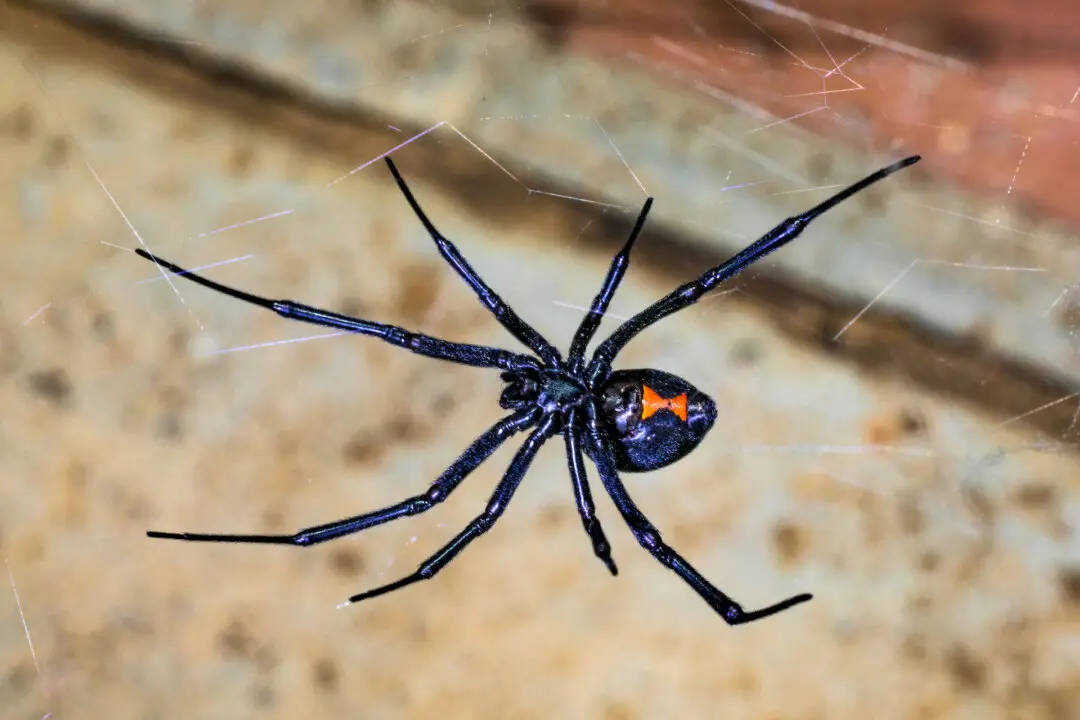Q: Elmo, my elderly cat, is losing his appetite and getting thinner. A friend told me about a drug her veterinarian prescribed when her cat lost his appetite that helped him regain weight. What is the drug?
A: If Elmo is losing his appetite, it’s important to make an appointment with your veterinarian for a physical examination, lab work, and possibly X-rays or ultrasound to discover the reason for his lack of interest in food. Many conditions can cause loss of appetite, and each is treated differently.





